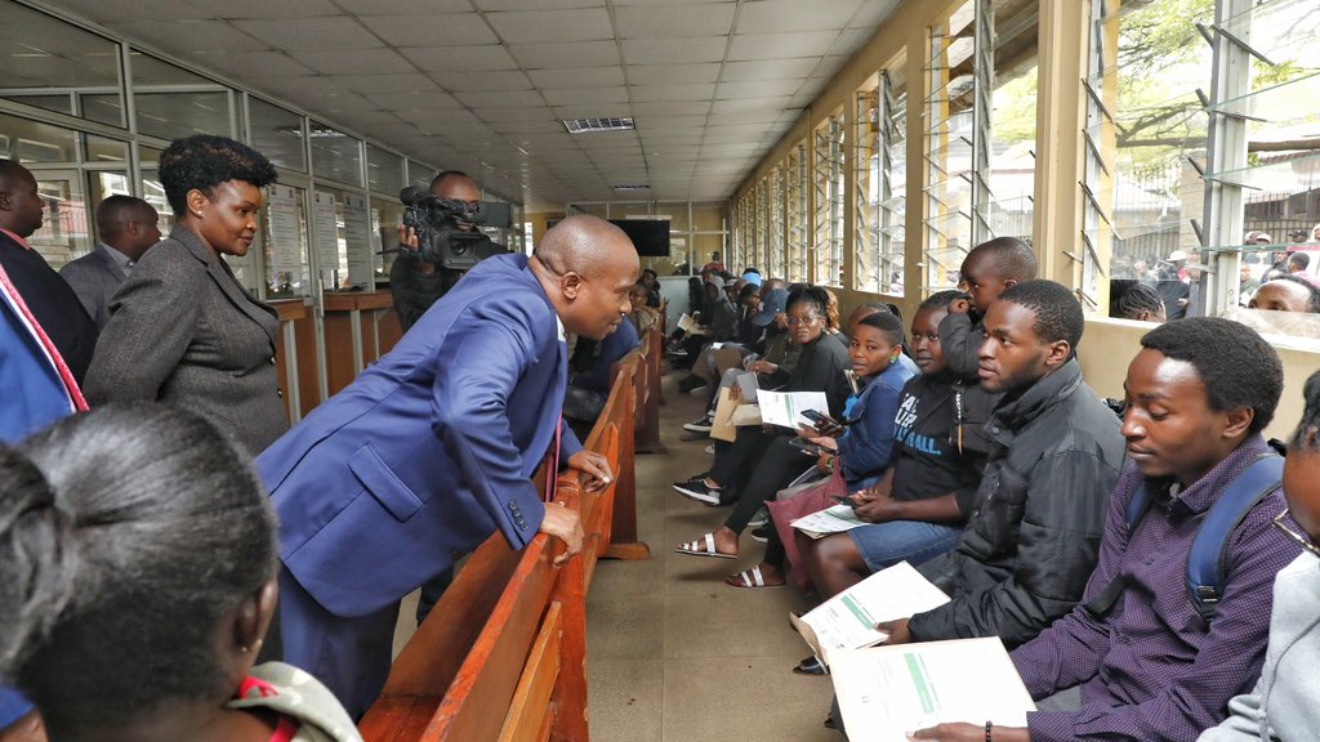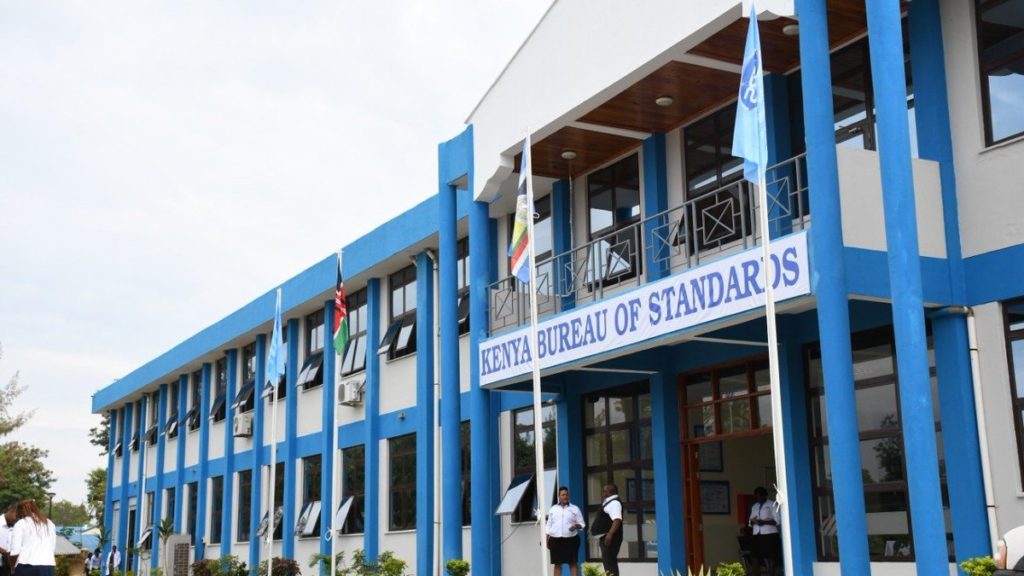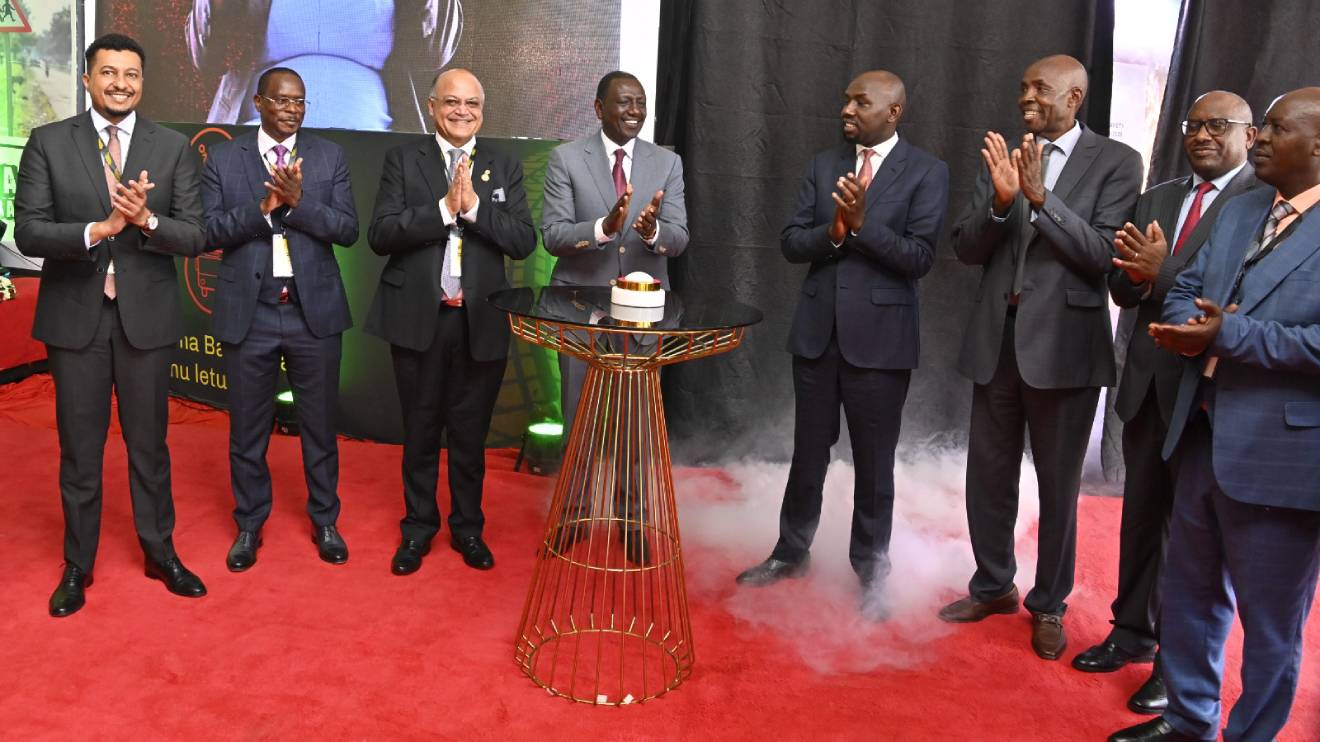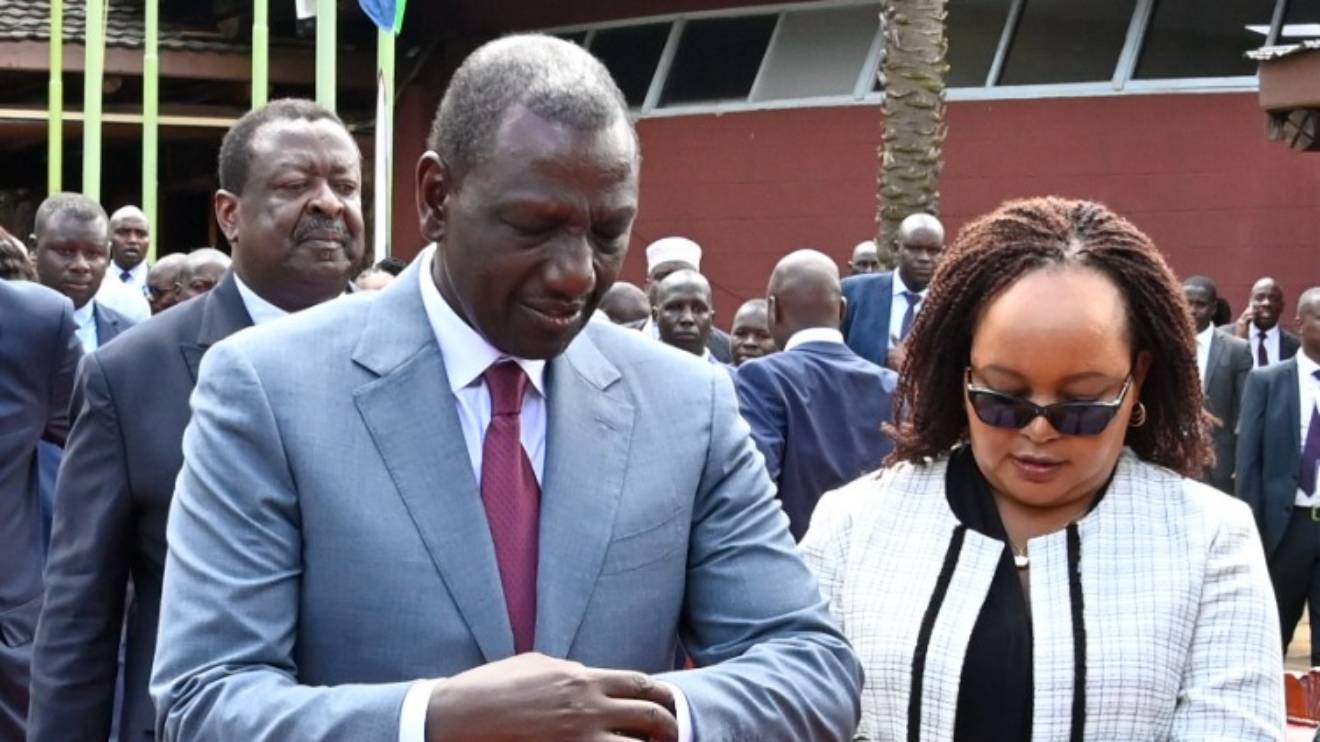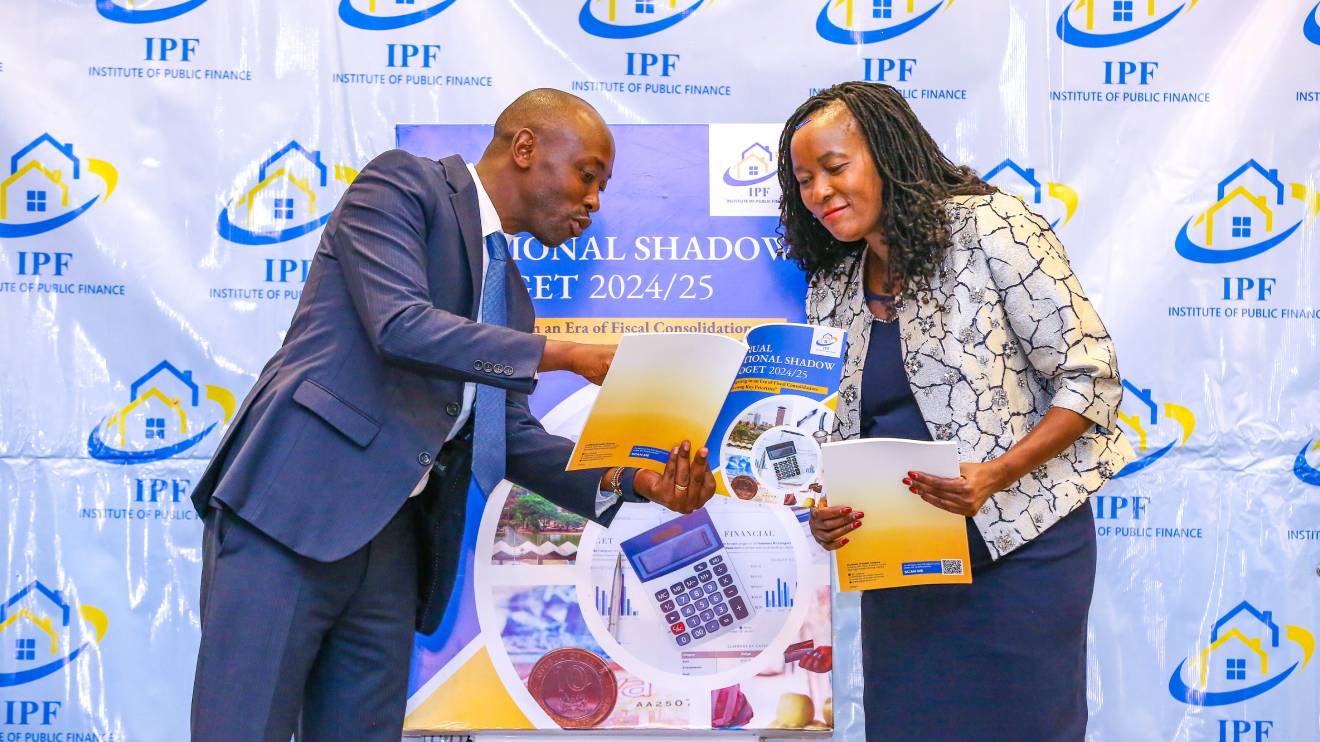Kenyans should brace for higher electricity bills in April after the Energy and Petroleum Regulatory Authority (EPRA) announced it has reviewed power tariffs.
In its latest review, EPRA approved the higher tariffs proposed by the Kenya Power and Lighting Company (KPLC) to allow the company upgrade its infrastructure.
“This will meet energy purchase costs and allow for system expansion,” EPRA said.
“The proposed tariffs will safeguard the financial sustainability of the sector by ensuring Kenya Power meets its power purchase and financial obligations. It will also ensure improved service delivery by scaling up refurbishment and upgrade of transmission and distribution system."
According to the review, EPRA raised the price of electricity by 63 per cent which raised the base power prices from Sh10 per unit to Sh12.22 per unit for KPLC customers consuming less than 30 units per month, which represents the majority.
Read More
EPRA slso approved the increased the cost of electricity for consumers using between 30 to 100 units from Sh10 to Sh16.3 per unit (63 per increase) from April 1, 2023.
Consumers of over 100 units per month have also felt the pressure as their new electricity bills will be charged at Sh20.97 per unit from the current Sh15.8 per unit which represents a 32 per cent increase.
In order to meet the social policy objective, EPRA reduced the Lifeline Fariff band from 100 kWh to 30kWh to cusion low-income consumers.
The authority said the consumers under that category will be cross-subsidised by other consumer categories to protect them.
However, the reduction of the tariff accounts for 6.3 million users which represents the majority of consumers at 71.31 per cent.
“With a view of meeting the social policy objective, the Lifeline Tariff band has been reduced from 100-kilowatt hour(kWh) per month to 30kWh, to cushion and address the needs of low-income households in the society,” EPRA said.
“Accordingly, these consumers will be cross-subsidised by the other consumer categories in order to protect the vulnerable members of society. Despite this reduction, the Lifeline Tariff band will account for 6.3 million customers, representing 71.31 per cent of the total number of consumers. This covers a majority of the vulnerable sector base also known as 'Hustlers'.
The upward adjustment of the electricity prices will have an impact on the lives of most Kenyans even as they struggle under the weight of high cost of living.



